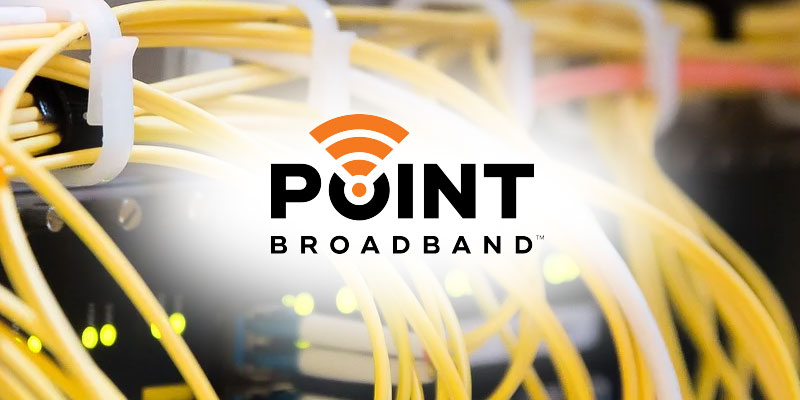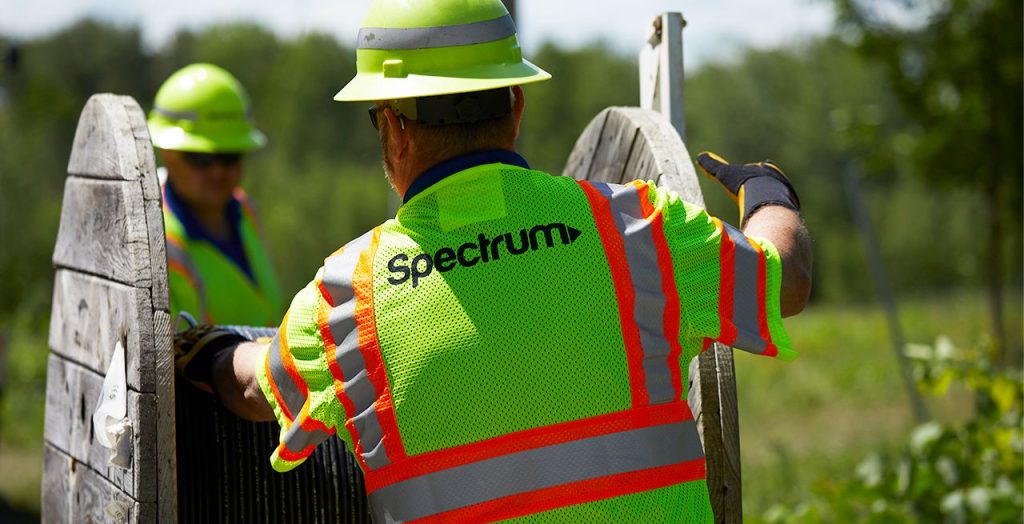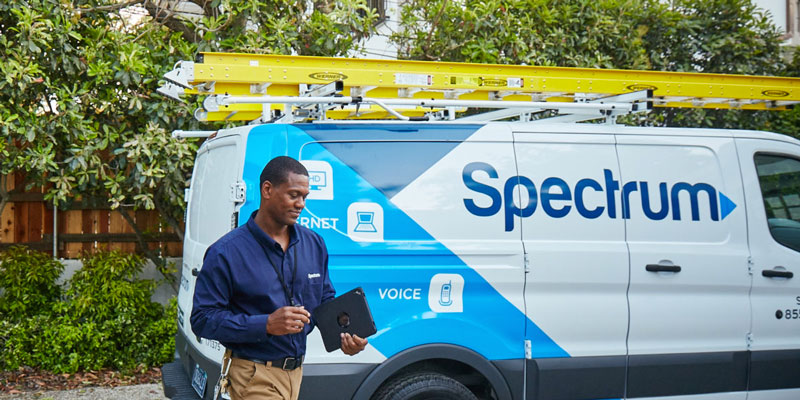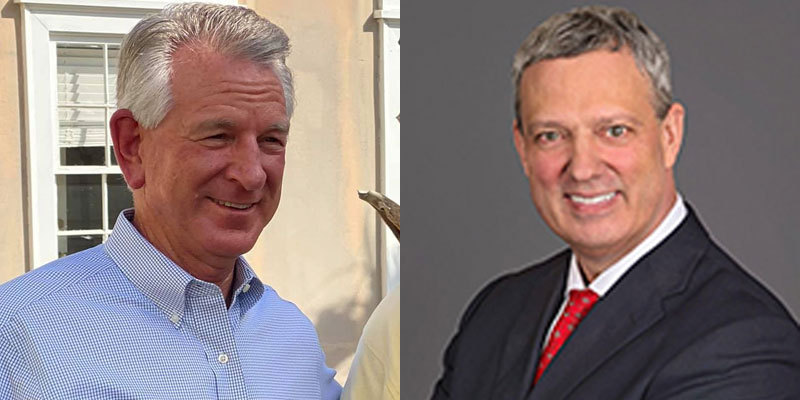Yellowhammer News spoke this week to an executive at one of the internet providers involved with the massive FCC initiative set to bring high-speed internet to over 200,000 homes and businesses in rural Alabama.
The FCC initiative is called the Rural Digital Opportunity Fund (RDOF). In essence, the FCC identified census tracts where homes and businesses had no access to the internet or speeds of less than 25 Mbps. The agency then offered financial incentives to providers who would agree to cover those areas.
To determine which companies would cover which areas, the FCC held a reverse auction: firms competed to provide the lowest bid for what it would cost to service each tract.
Yellowhammer spoke this week with Butch Brock, vice president of Corporate Development at Point Broadband, a company that secured several dozen tracts in East Alabama, about what the process was like and what consumers can expect.
Based in West Point, Georgia, Point Broadband operates an office in Opelika and provides internet to many in the Auburn area.
Point purchased dozens of census tracts in East Alabama in the RDOF auction, from as far south as Eufala up to areas just north of Piedmont.
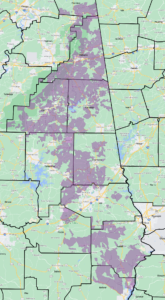
Brock told Yellowhammer that Point faced competition for each census block they bid on. “There was more than one bidder that was going to offer what we offer, which is gigabit service,” he noted.
The executive further relayed Point, and the other bidders who won the FCC awards in the reverse auction are now going through “the long-form process, where you really have to submit your engineering, your details of how you’re going to get this thing done within the required time period.”
Brock believes that some companies that won bids may run into “snags” during the long-form process, which he says will last six months.
He maintained that Point’s plan would not face any issues and instead highlighted Elon Musks’ SpaceX as an example of a firm that may have issues providing what it promised.
The subsidies companies like Point earned when they won bids in the RDOF reverse auction payout each month for a decade.
According to Brock, Point’s total subsidy from the FCC is around $50 million, meaning the federal agency will pay Point Broadband around $5 million a year once they complete the long-form approval process.
Brock relayed that a requirement of the long-form certification was companies must “put up a letter of credit that is equal to one year of the subsidy you are getting.” He says the intention of that rule is to let the FCC know that businesses “have the wherewithal” to complete the servicing of the tracts they purchased.
Winners of the reverse auction must provide internet service to 40% of the locations in the areas they bid on within three years after they start receiving their subsidy, with another 20% in the fourth year and another 20% of locations serviced by the fifth year. The FCC says to expect new guidelines on the remaining locations in the tracts during the sixth year.
“We are hopeful, and everybody in the industry is hopeful, that the FCC will abide by those rules and make the penalities stiff if you don’t,” said Brock. “Our full intent is that we’re going to follow the rules. The census block groups that we got awarded, we’re going to build,” he added.
Yellowhammer News asked Brock what the total amount of new infrastructure Point is going to have to build as part of servicing the census blocks it won at auction.
Brock estimated that between “4,000 to 5,000” miles of fiber will be installed in East Alabama by Point Broadband as part of the project.
“It is going to be over a $100 million project,” he said of his company’s investment in East Alabama – meaning the FCC subsidy would only cover about half the cost.
Receiving support from the FCC’s RDOF initiative prevents Point Broadband from receiving other federal support for the same rural broadband projects, such as those offered by the Department of Agriculture.
However, Brock noted that Point might try and be a part of some state-level programs that have a similar focus on increasing internet access in rural areas.
Brock praised government relations professional Tripp Skipper for his help in guiding Point Broadband through the intricacies of the project’s governmental relations aspect.
Point Broadband is partnering with Tallapoosa River Electric Cooperative on the creation of the fiber network. “They’re good folks,” said Brock, noting their territory covered much of the area Point purchased in the auction.
Point is providing its newly acquired rural customers with premium fiber-to-the-premises services that will offer gigabit-speed internet. The FCC reverse auction gave priority to companies offering better speeds.
Brock said construction should begin soon on the new internet infrastructure after the long-form certification process is complete, which he expects to be in the fall of 2021.
Henry Thornton is a staff writer for Yellowhammer News. You can contact him by email: [email protected] or on Twitter @HenryThornton95.




